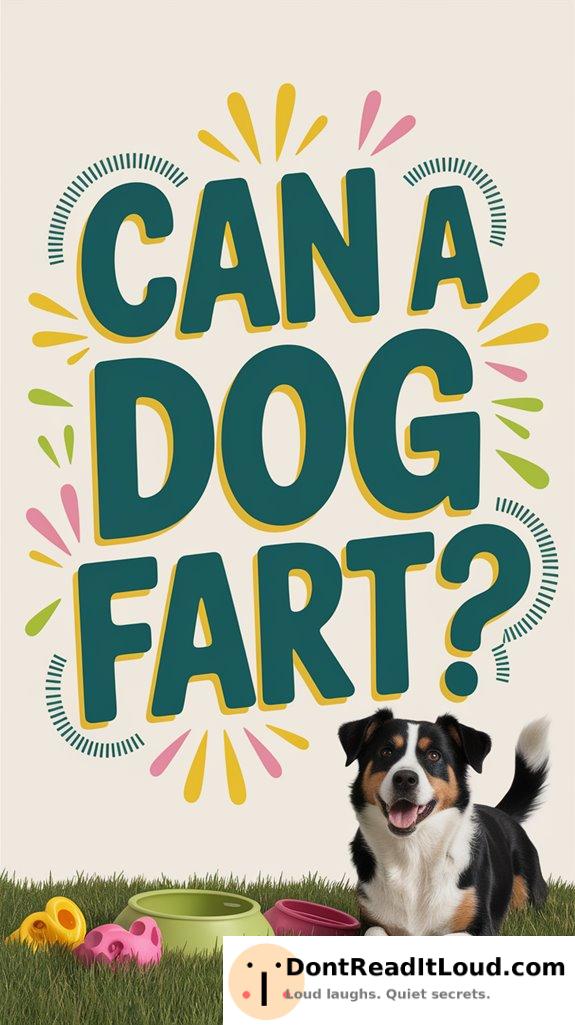
Yes, dogs can fart, and sometimes their gas is surprisingly strong. This is a natural process, caused by swallowed air and the digestion of certain foods. Eating quickly, low-quality diets, or specific ingredients can make your dog gassier. While occasional flatulence is normal, persistent or very smelly gas may signal a health concern. There are several strategies to help reduce dog flatulence and support their digestive well-being.

Ever wondered if dogs can fart? The answer is yes—this is a normal bodily function for them. Just like humans, dogs accumulate gas in their intestines and colon, often from swallowing air. This process, called aerophagia, happens during eating or drinking. Gas also forms as bacteria break down and digest food in the gut. Eventually, this excess gas escapes, resulting in the familiar and sometimes amusing dog fart.
Understanding how dogs digest their food is key to managing flatulence and health. Sudden changes to your dog’s diet often cause more gas, as their digestive system needs time to adapt. Foods that are hard to digest may linger in the colon, creating more fermentation and gas. Fatty foods, dairy, beans, and peas are common offenders. Table scraps, especially if spicy, can also make your dog’s gas worse. Low-quality dog foods with fillers can increase the frequency of farting. Swallowed air is a major source of gas, so addressing this can help minimize flatulence.
Eating habits play a role as well. Dogs that eat quickly tend to swallow more air, which leads to additional gas. This is especially true in homes where pets compete for food. Breeds like Bulldogs and Pugs are more prone to this because of their facial structure. Using a slow-feeder bowl can help by encouraging your dog to eat at a slower pace and swallow less air.
If your dog’s gas seems excessive or unusually smelly, pay closer attention to their health. Occasional gas is normal, but frequent or very foul-smelling gas could point to a medical issue. Conditions such as inflammatory bowel disease, colitis, or parasites could be responsible, as well as food allergies or intolerances. Pancreatic problems may also affect digestion and cause more gas. In rare cases, increased flatulence may indicate a serious issue like an intestinal tumor.
To help reduce gas, feed your dog high-quality, easily digestible food and avoid abrupt dietary changes. Regular exercise is important, but try not to feed your dog right after intense activity.
If you notice major changes in your dog’s flatulence—especially if there are other symptoms like vomiting, diarrhea, or weight loss—consult your vet. Probiotics or digestive enzymes, with veterinary advice, can also support digestive health and minimize gas.
Conclusion
Absolutely, dogs can fart. You’ve probably noticed this yourself, whether it’s the sudden sound or an unpleasant smell. Like humans, dogs produce gas during digestion. This is completely normal, but factors like their diet, how quickly they eat, or certain health conditions can make it worse. If your dog’s gas is especially frequent or has an unusually strong odor, it’s a good idea to check with your vet. So yes, dogs do fart—and it’s just one of their many quirks!



